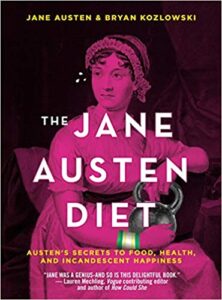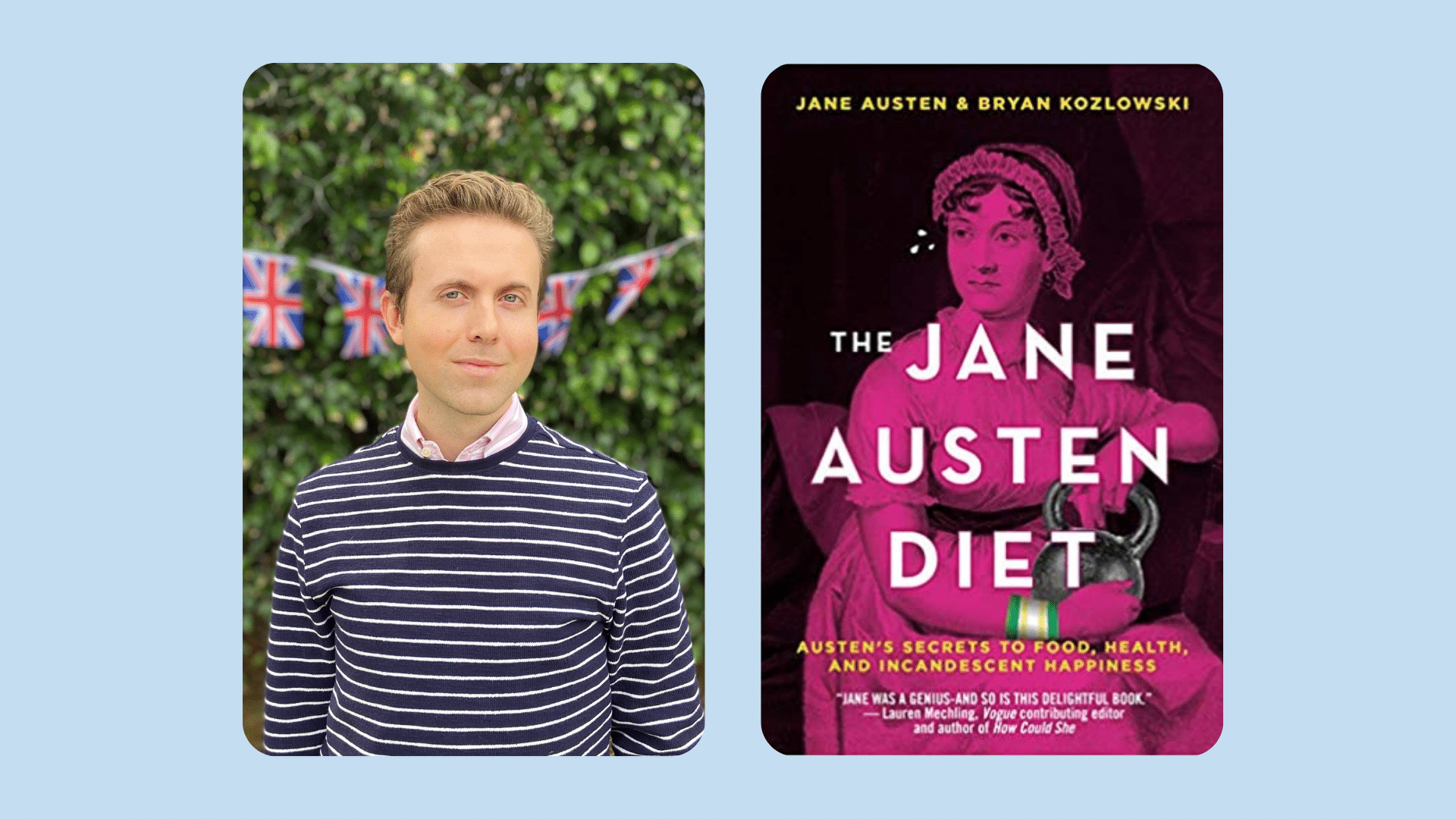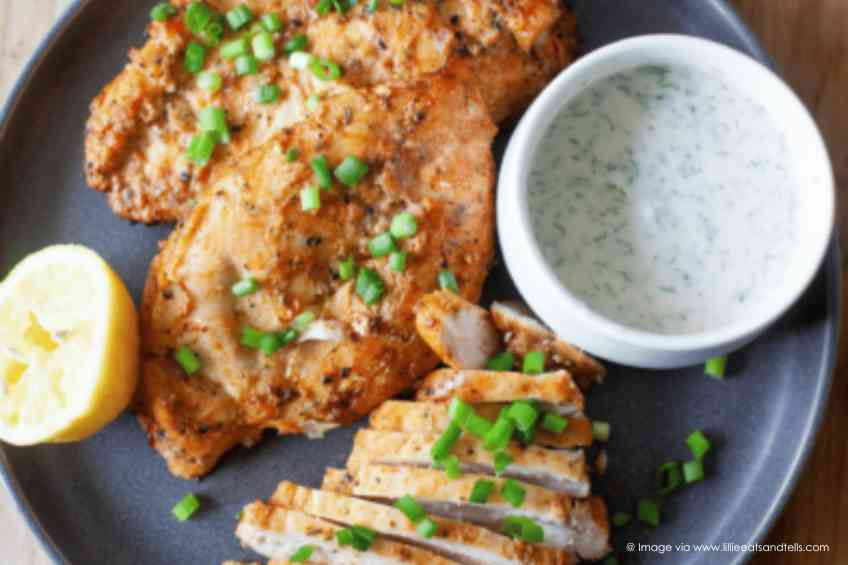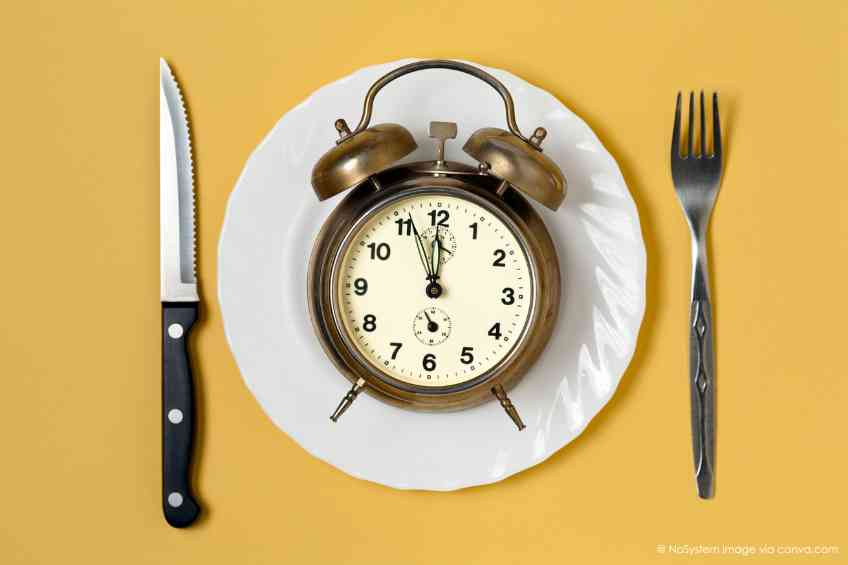Any English major can tell you the influence Jane Austen has had on literature and culture. Few recognize that her impactful reach spreads much further. Yet Bryan Kozlowski for one argues that Jane Austen has been offering stellar health and wellness advice for more than 200 years. Sadly, we’ve just been missing Jane’s feel-good counsel. WellWell recently spoke to the author of The Jane Austen Diet: Austen’s Secrets to Food, Health, and Incandescent Happiness on all the untapped tips she has to offer.
What was the inspiration behind The Jane Austen Diet, when did you first connect Jane Austen with dieting and wellness advice?
It was a complete accident, actually, essentially caused by my wildly erratic reading habits. A few years ago, and in the middle of a personal health slump, I began researching the latest scientific discoveries on health and wellness. At the same time, I was going back over some old books and picked up Jane Austen’s novels, purely for a bit of light reading in the evening. And that’s when it happened. Almost instantly, I started noticing some bizarre parallels between these two, seemingly disjointed, subjects that so many of today’s lifestyle “discoveries” had been already recorded and cleverly understood by Austen over two centuries ago.
That was the beginning of a sort of cosmic shift for me, to gradually be introduced to another side of Jane Austen, not simply the Regency romance writer, but a woman who was massively interested in health and how to attain it.
The book oozes with humor and wit, how important was this style when you began writing it?
Oh, thank you. Getting the style right was forefront in my mind since there was always the temptation to bog the book down with all the research I accumulated. But knowing that Austen approached everything she wrote with humor and wit, following that legacy seemed the only real way to honor her insights into health. Dieting and fitness can become dreadfully dull topics, of course, but Jane’s lifestyle wisdom sparkles on every page. She teaches us serious eating and exercise lessons even when we don’t realize we are being taught, all thanks to her skillfully light style. So, it was simply a case of trying to follow her brilliant lead.
Jane Austen believed health and happiness are interconnected, a link now widely accepted by many health experts and self-help gurus. What led Austen to this discovery and how can we learn from that experience?
On the one hand, Austen was fortunate enough to live during a period of history that still largely accepted the interconnectivity between our thoughts and our health, something that modern science has only fairly recently re-learned. Jane saw firsthand the consequences of not taking that connection seriously.
A trend called the “cult of sensibility” was rampant in Austen’s youth. It was basically the embrace of high emotions, letting one’s feelings fly loose and stressing out over little things. Austen’s heroine Marianne Dashwood, for instance, is a big adherent of the sensibility craze, in the novel that appropriately bears its name, Sense and Sensibility. But Austen knew the real physical dangers of failing victim to one’s ethereal emotions and her novels brilliantly anticipate what modern science now knows about the ravages of stress on the body.
The Jane Austen Diet mentions Austen and many of her characters love a late breakfast, noting many benefits that suggest these habits were an early form of the popular dieting technique of fasting. How did Austen utilize fasting and what benefits did she receive by being on the forefront of this trend?
Austen’s Regency “meal plan” harkens back to biological truths often forgotten, largely for the way it seamlessly incorporates mini-fasts into daily life. Breakfast, for one, is always purposefully delayed in Austen novels, by about two hours after her characters rise the morning. In fact, nothing is more rare in Austenworld than to find a character crawling out of bed and chowing down on breakfast. Instead, late breakfasts were the custom at the time, which points to an older understanding of the very concept of breakfast itself.
Breakfast means to “break-the-fast”, we are supposed to arrive at breakfast hungrier than usual. Austen grasped the wisdom well. Thanks to a delayed breakfast, and possibly a light supper the evening before, her characters typically go about 12 hours before breaking their morning fast – just enough time for their bodies to start reaping the cellular benefits of what today we might call “intermittent fasting.”
Similarly, she was a big prominent of having your heartiest meal in the middle of the day—another aspect of many fasting techniques. How aware of the benefits of this routine was Austen during her life?
Austen’s dinner times might seem ridiculously early to modern readers (growing up, Jane herself ate dinner at 3:30pm), but this was the established routine for most of European society, going straight back to the Romans and confirmed in health manuals at the time. But Regency “fashions” were starting to chip away at that age-old wisdom. England’s elite were embracing later and later dinner times, sometimes stretching to 10pm, which, for Austen, was synonymous with the loose and reckless behavior that was crippling the health of the nation. In Mansfield Park, it’s no coincidence that one of the novel’s more depraved characters stubbornly adheres to a “late dinner-hour.”
What piece of wellness advice taken from Austen has impacted your life the most?
The first advice I found in Austen’s novels remains, for me, the most powerful. It’s a simple pattern you can find across all of her stories, her healthiest characters literally rise with the sun. They all make an effort to get outside almost immediately after waking up, to take a stroll before breakfast, something which seems to imbue them with phenomenal energy levels. These are some of literature’s most famous morning people, after all, and an embarrassingly far cry from my usual groggy self.
So, I decided to give it a try, to start my own Jane Austen “diet” here to see if a gentle walk in natural light was indeed as recalibrating as Jane claims it is. “A walk before breakfast does me good,” says one of Austen’s characters. And I now agree wholeheartedly, along with growing research on the immense importance of exposing our bodies to sunlight first thing in the morning, a biological reboot keeping everything from our energy levels to our weight and mood in proper balance.
Unsurprisingly, anyone who loves Jane Austen would love this book as it is littered with quotes and anecdotes. Beyond her wellness tips, what impact has Jane Austen and her work had on your life?
She’s taught me what real perseverance looks like. Her entire life is an ode to optimism, even in the face of extreme obstacles and personal heartache. Fate denied her ultimate romance, but she rose above that pain, penning some of the most beautiful romances the world has ever read. She was likewise denied a long life, but she kept on writing and hatching new ideas, and ideas about health too, up to the very end. None of us can control our share of struggles in life, but we always can, as Jane reminds us, “think the best, and hope the best, and do the best” with what we have.
 About Bryan Kozlowski
About Bryan Kozlowski
Bryan Kozlowski is a lifestyle and British-culture researcher. Author of Long Live the Queen! and The Jane Austen Diet, along with three previous books, his works have been featured in Vogue, the New York Times and the Washington Post.
Learn More At www.bryankozlowski.com













